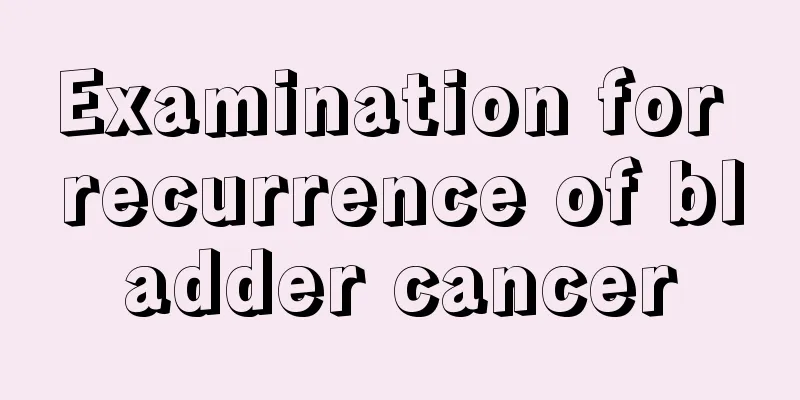What to do if you have allergic rhinitis

|
Allergic rhinitis is an allergic disease. Patients with allergic rhinitis have an allergic constitution and are allergic to many external things. It’s spring, the flowers are blooming, and the weather is neither too cold nor too hot. What a great season! We can go outside often when we have time. However, for patients with allergic rhinitis, many pollens can cause allergies. For example, a house that has been renovated for some time and has a slight smell of paint can also cause allergies. The symptoms of allergic rhinitis are very similar to those of a cold, with clear runny nose and sneezing, but a cold is also accompanied by systemic symptoms, such as body aches, fever, etc., which allergic rhinitis does not have. People with allergic rhinitis can usually sneeze more than twenty times in a row, but people with a cold will not sneeze so many times. Drug treatment for allergic rhinitis: The following factors should be considered: efficacy, safety, cost/effectiveness ratio, etc. Intranasal and oral administration are commonly used, and the efficacy may vary between different patients. There is no long-term sustained efficacy after discontinuation of the drug, so maintenance treatment is required for persistent allergic rhinitis. Prolonged treatment does not lead to rapid drug resistance. Intranasal administration has many advantages. High concentrations of drugs can act directly on the nose, avoiding or reducing systemic side effects. However, for patients with other allergic diseases, drugs need to act on different target organs, and intranasal administration is not the best choice. Systemic drug treatment is recommended. 1. Antihistamines: Oral or nasal second-generation or new H1 antihistamines can effectively relieve symptoms such as nasal itching, sneezing and runny nose. It is suitable for mild intermittent and mild persistent allergic rhinitis, and can be used in combination with nasal corticosteroids to treat moderate to severe allergic rhinitis. 2. Glucocorticoids: Nasal corticosteroids can effectively relieve symptoms such as nasal congestion, runny nose and sneezing. For critically ill patients who do not respond to other drug treatments or cannot tolerate nasal medications, oral corticosteroids can be used for short-term treatment. Dietary adjustment plays a very important role in preventing allergic rhinitis. In our daily diet, we can eat more light food and less greasy food such as fish and meat. There is a saying among the people that fish produces fire and meat produces phlegm. To prevent the endogenous generation of phlegm and heat from inducing exogenous infection and causing allergic rhinitis. Avoid spicy food, tobacco, alcohol and other stimulating foods. |
<<: One-year-old baby has diarrhea
>>: How to calculate the menstrual cycle
Recommend
Which is better, loose powder or pressed powder
Loose powder and pressed cake look like similar c...
Can heart failure undergo surgery?
Heart failure is a very common disease in our dai...
Local depigmentation
The distribution of melanin in the human body is ...
What to do if the shoe hits the toes
For the top of the shoe, you can use a hot hair d...
What is the reason for the flesh protruding from the anus during defecation
Many people may have experienced a fleshy protrus...
Benefits of squat jumps
Squats are a sport that is more suitable for wome...
What to do if you are allergic to welding
If you don't know that you are allergic to el...
What is the reason for a lump at the incision of thyroid cancer
The presence of a lump at the incision of thyroid...
What is physical therapy
I believe everyone knows that a disease can be cu...
What are the traditional Chinese medicines for treating ovarian cancer? These 4 traditional Chinese medicines can treat ovarian cancer
There are many traditional Chinese medicines for ...
People over 50 have a higher risk of bladder cancer. To prevent bladder cancer, you should quit smoking as soon as possible
Bladder cancer is a very common malignant tumor o...
How to rule out early lung cancer
Lung cancer has a huge impact on our lives. It is...
Sebaceous adenoma symptoms and how to treat it?
Sebaceous adenoma is what our director calls seba...
Is it normal to have these symptoms one week after lung cancer surgery?
Symptoms that appear one week after lung cancer s...
To prevent gallbladder cancer, we must have a powerful method
Gallbladder cancer is a very scary disease for us...









